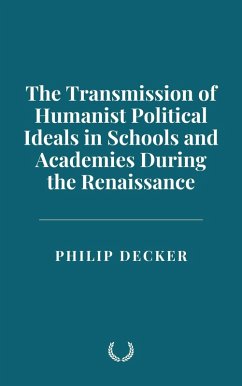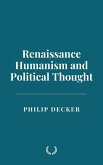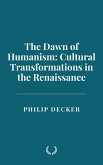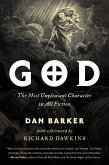Tracing the vibrant intellectual networks of Italy's city-states, this richly detailed study reveals how schools, academies, and universities became crucibles for the revival of classical learning-grammar, rhetoric, and moral philosophy-that prepared generations of leaders, diplomats, and citizens to navigate the complexities of republican governance, princely courts, and emerging nation-states. From the pioneering pedagogy of Vittorino da Feltre and Guarino da Verona to the influential Platonic Academy of Florence, the book explores the dynamic interplay of education, philosophy, and power.
Beyond Italy, it follows the spread of humanist curricula across France, Germany, England, and the Low Countries, illustrating the transformative impact of printing technology, the challenges posed by religious reformations, and the contested place of women in humanist political education. Readers will gain unparalleled insight into the debates, dilemmas, and ambitions that defined Renaissance education and its enduring legacy on modern political ideals.
Combining rigorous scholarship with vivid historical narrative, this book offers a compelling window into how the rediscovery of antiquity shaped the moral and political imagination of Europe-and laid the groundwork for the principles of governance, citizenship, and eloquence that continue to resonate today.
Dieser Download kann aus rechtlichen Gründen nur mit Rechnungsadresse in A, B, CY, CZ, D, DK, EW, E, FIN, F, GR, H, IRL, I, LT, L, LR, M, NL, PL, P, R, S, SLO, SK ausgeliefert werden.









